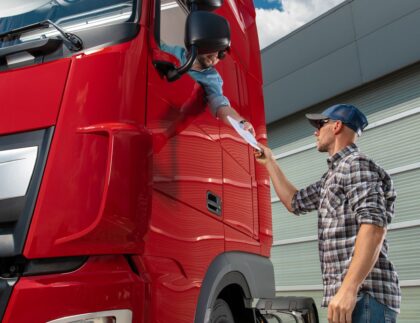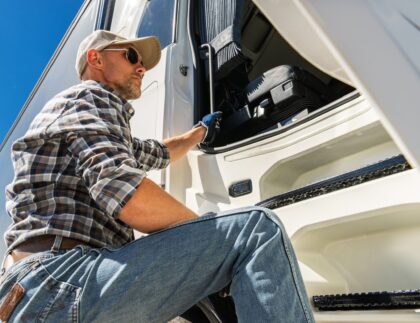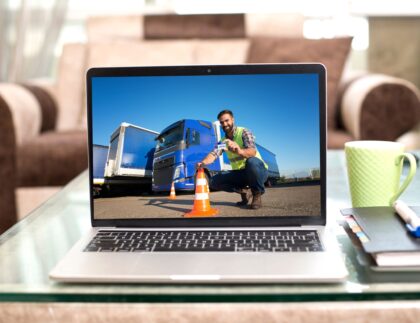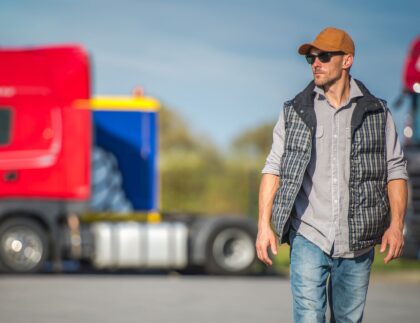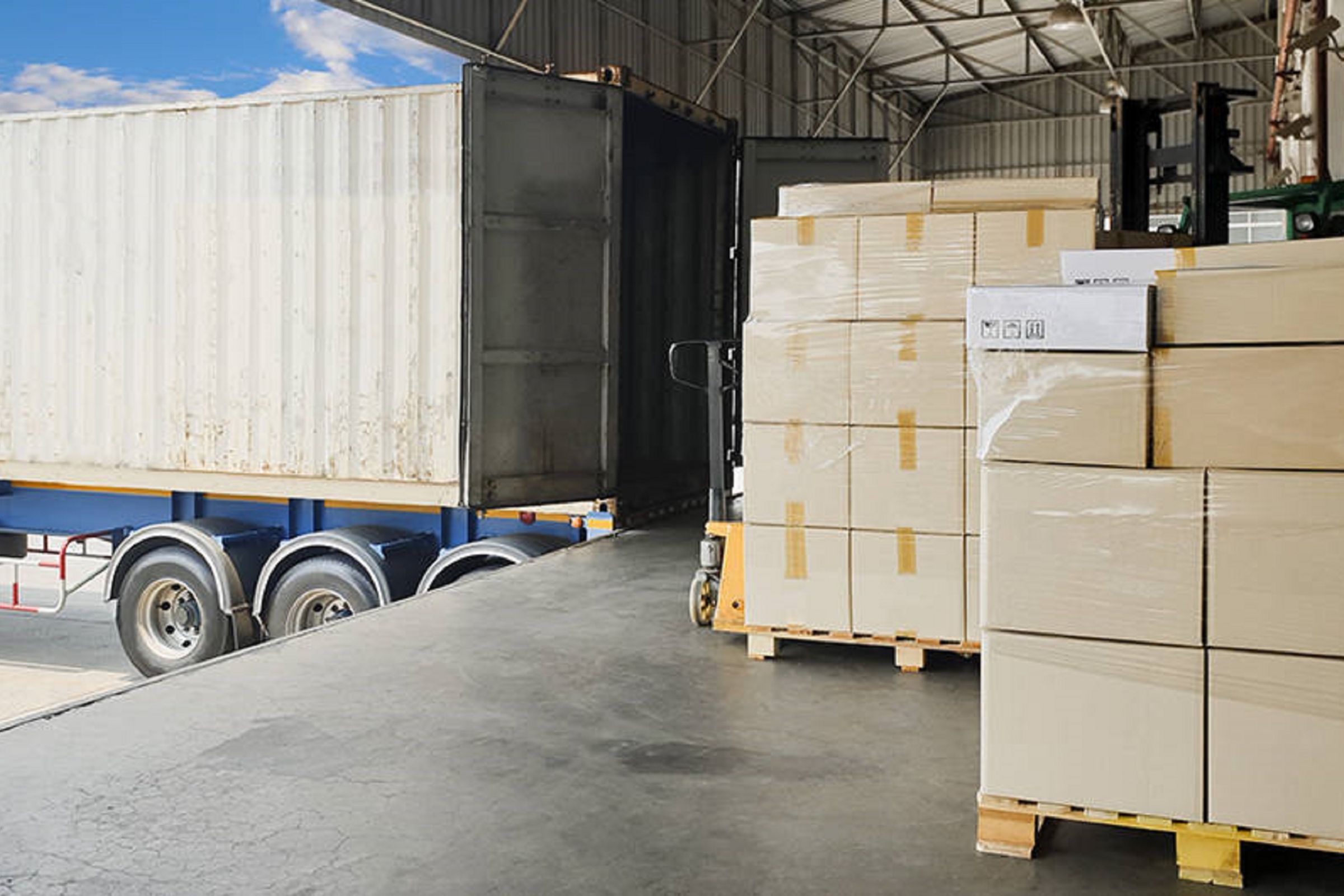
In recent years, automation has made significant strides in the trucking industry. From self-driving prototypes to AI-assisted navigation systems, there’s a growing perception that technology might one day replace human drivers altogether. However, the reality is far more nuanced. When it comes to automation vs CDL drivers, the advantages of skilled human operators are irreplaceable. Even in a future driven by advanced technology, trained CDL drivers will continue to play a critical role in keeping goods moving safely and efficiently.
What Automation Lacks
While technology can assist drivers, it cannot fully replicate the adaptability, judgment, and human touch that define professional driving. The discussion of human drivers vs automation often overlooks some of the most important limitations of these systems.
One major shortcoming is the inability to make split-second decisions in unpredictable situations. Automated systems can only respond based on pre-programmed logic and data, which limits their effectiveness when facing complex, real-world scenarios like sudden road hazards or unplanned detours.
Another key issue is the absence of emotional intelligence and empathy—both of which are vital when communicating with other road users, responding to emergencies, or working closely with customers. These automation shortcomings in trucking mean that the human connection between driver, cargo, and client cannot be replaced.
Consider extreme weather conditions, unexpected mechanical issues, or challenging delivery environments. In these situations, the benefits of CDL training for drivers become clear. Skilled human drivers use their training, instincts, and experience to adapt, ensuring safety and reliability where automation may fail.
How CDL Training Prepares Drivers for the Future
Adaptability and Resilience
The future of human drivers in trucking will demand more than just technical skill—it will require the ability to work alongside advancing technology while maintaining superior decision-making capabilities. CDL training equips drivers with in-depth knowledge of vehicle operation, road safety, and compliance, enabling them to handle both routine and unexpected challenges with confidence.
This training builds resilience, allowing drivers to quickly adapt to new tools and systems while still providing the judgment and expertise that automation cannot replicate.
Smith & Solomon’s Role in Shaping Future-Ready Drivers
At Smith & Solomon, our CDL school training programs are designed to prepare drivers not just for today’s industry, but for tomorrow’s demands. By combining hands-on experience with advanced driving techniques, we ensure our students graduate ready to compete and thrive in an increasingly technology-integrated field.
We focus on developing drivers who are safety-conscious, adaptable, and confident—qualities that guarantee a valuable place in the trucking industry, regardless of how automation evolves.
Conclusion
While automation will continue to enhance trucking operations, it will never fully replace the value that skilled human drivers bring to the road. The debate over automation vs CDL drivers misses one simple truth: trained professionals are essential for safety, adaptability, and customer trust.
If you want to secure your place in the future of trucking, investing in CDL training is the smartest move you can make. With the right skills and preparation, you’ll be ready to navigate both the open road and the evolving technology that comes with it.


